Sources for Bt sweet corn seed
ptr_hml
19 years ago
Featured Answer
Sort by:Oldest
Comments (16)
randy41_1
19 years agojayreynolds
19 years agoRelated Professionals
Tempe Landscape Architects & Landscape Designers · Mesa Landscape Contractors · Nashua Landscape Contractors · North Chicago Landscape Contractors · Peoria Landscape Contractors · Selden Landscape Contractors · Setauket-East Setauket Landscape Contractors · Sugar Hill Landscape Contractors · Alafaya Solar Energy Systems · Attleboro Solar Energy Systems · Coto De Caza Solar Energy Systems · Hawthorne Solar Energy Systems · Richfield Solar Energy Systems · Melville Solar Energy Systems · Nutley Solar Energy Systemsanniew
19 years agodavepays
19 years agodavepays
19 years agoatuaseva
10 years agoboulderbelt
10 years agokelise_m
10 years agomyfamilysfarm
10 years agohenhousefarms
10 years agomyfamilysfarm
10 years agokelise_m
10 years agorandy41_1
10 years agomyfamilysfarm
10 years agoAndrew Marinucci
6 years ago
Related Stories
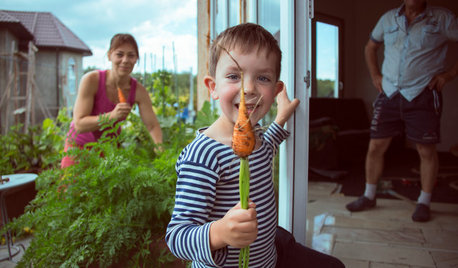
GARDENING AND LANDSCAPINGWorld of Design: 10 Home Gardeners Show Us Their Sweet Summer Harvests
From New York to Tokyo, these gardeners have turned their yards, terraces and rooftops into places of bounty
Full Story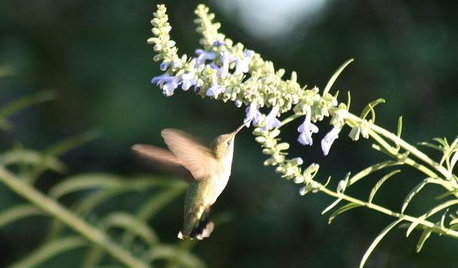
GARDENING FOR BUTTERFLIESA Quick-Start Guide to Bird-Watching for Fun and Learning
Set out some seed and grab your field guide. Bird-watching is an easy, entertaining and educational activity for the whole family
Full Story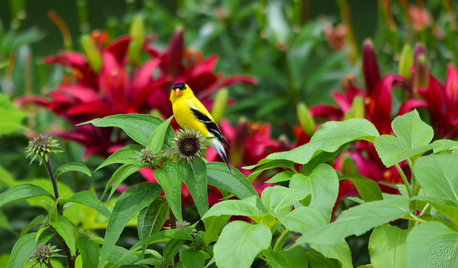
GARDENING GUIDESBackyard Birds: How to Care for American Goldfinches
The American goldfinch is a bright-in-the-summer visitor and one of the only vegetarian songbirds. Here's how to give them a healthy habitat
Full Story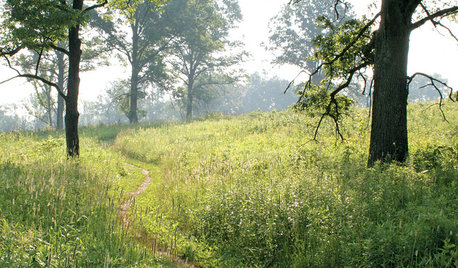
GARDENING GUIDES5 Easy Ways to Break Free of a Gardening Rut
Experience your garden in a whole new way — no big budget or major effort required — with these invigorating ideas
Full Story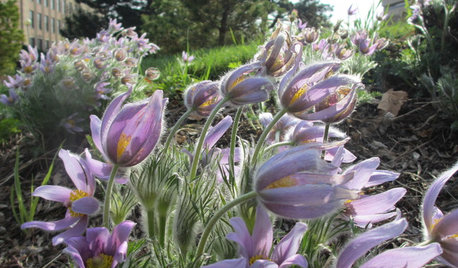
GARDENING GUIDES6 Plants That Beat Butterfly Bush for the Wildlife Draw
It's invasive, a nonnative and a poor insect magnet. Check out these better alternatives to butterfly bush in the garden
Full Story
EDIBLE GARDENSSummer Crops: How to Grow Tomatoes
Plant tomato seedlings in spring for one of the best tastes of summer, fresh from your backyard
Full Story
GARDENING FOR BUTTERFLIES3 Ways Native Plants Make Gardening So Much Better
You probably know about the lower maintenance. But native plants' other benefits go far beyond a little less watering and weeding
Full Story
MOST POPULAR7 Ways to Design Your Kitchen to Help You Lose Weight
In his new book, Slim by Design, eating-behavior expert Brian Wansink shows us how to get our kitchens working better
Full Story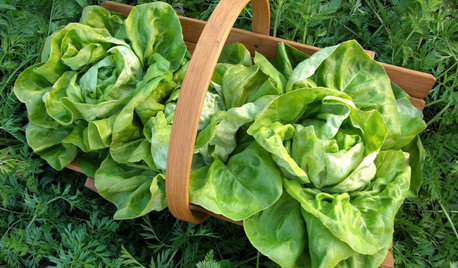
GARDENING GUIDES10 Easy Edibles for First-Time Gardeners
Focus on these beginner-friendly vegetables, herbs, beans and salad greens to start a home farm with little fuss
Full Story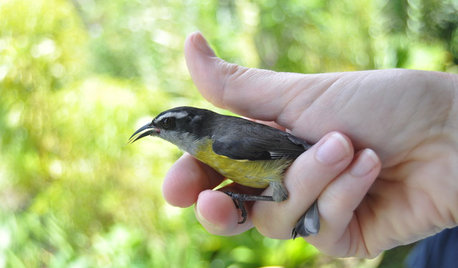
GARDENING FOR BUTTERFLIESBring on the Birds: Natural Habitat Ideas for Gardens of All Sizes
Provide nesting, watering and perching spots inspired by the Costa Rican jungle and watch the birds flock on over
Full StorySponsored






jayreynolds